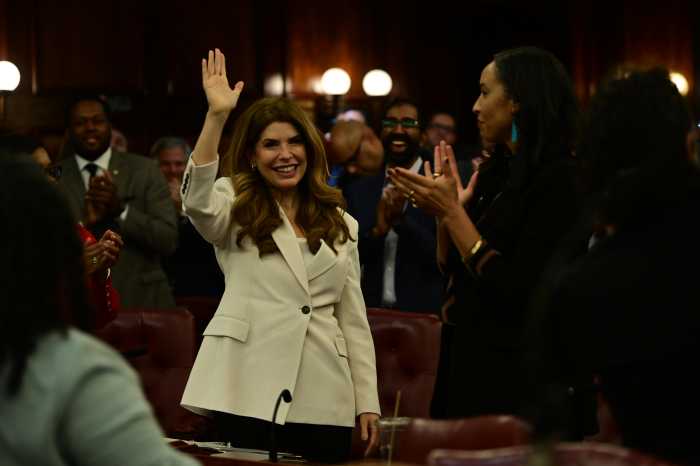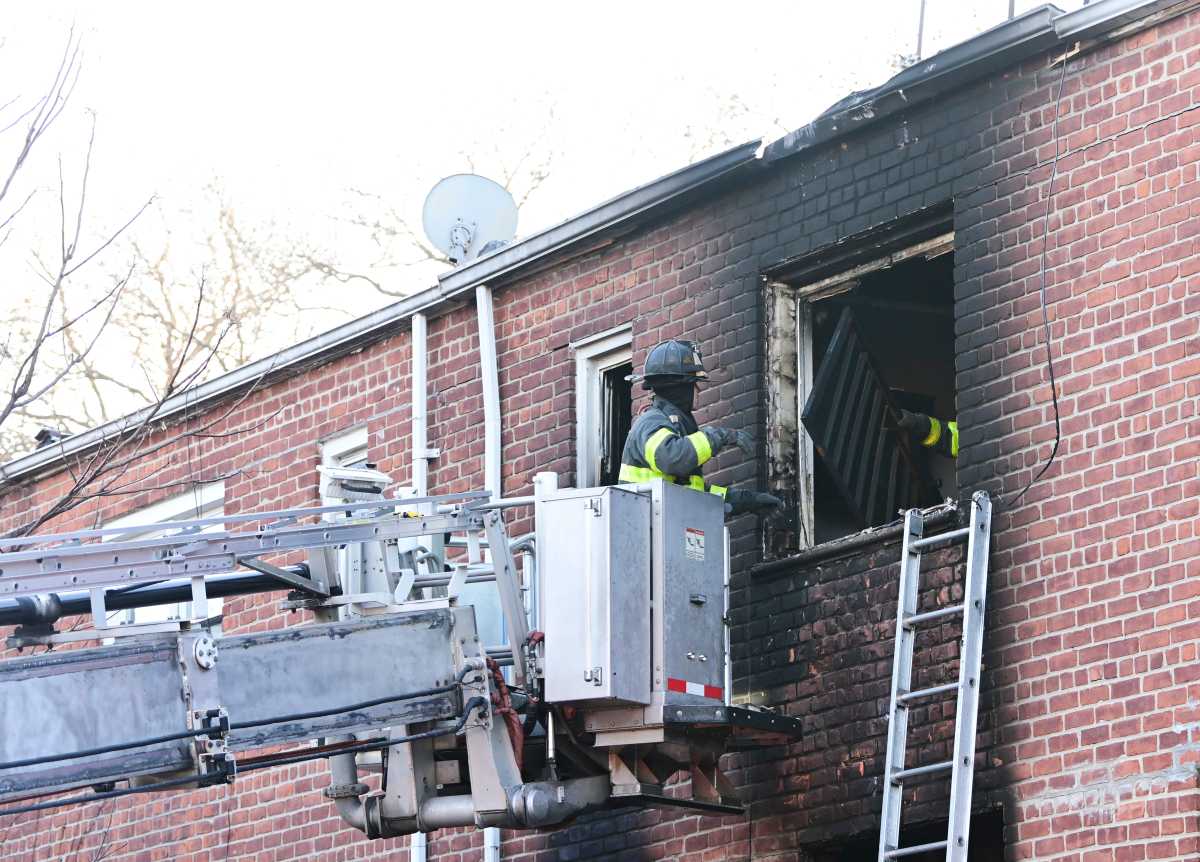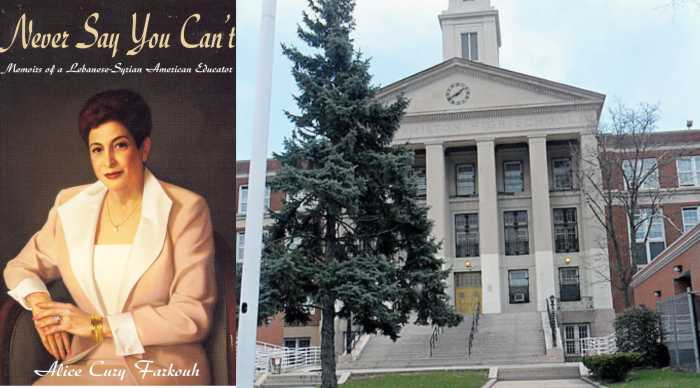I spent Monday morning struggling to come up with an elegant description of Donald Trump’s first official policy paper, a six-page document on immigration.
After more than a decade of writing about politics and public policy, this should have been easy.
That experience did finally lead me to the right terminology: “bag o’ crazy.”
Here is Donald Trump’s statement of principle about American immigration:
-A nation without borders is not a nation. There must be a wall across the southern border.
-A nation without laws is not a nation. Laws passed in accordance with our Constitutional system of government must be enforced.
-A nation that does not serve its own citizens is not a nation. Any immigration plan must improve jobs, wages and security for all Americans.
I’m not sure what to make of the first. Will we cease to be a nation if we do not build a wall? For that matter, what have we been doing for the last 239 years? The latter two are blandly populist boilerplate that any candidate might endorse, while taking any number of different policy positions.
To be fair, he does have some practical positions. Some of them will be controversial, like criminal penalties for people who overstay temporary visas. Some of them are theoretically feasible, but wildly expensive, such as tripling the size of the Immigration and Customs Enforcement staff, and stepping up detentions and deportations.
Then there are the less practical ideas, which are – well, there’s a reason I got stuck on “bag o’ crazy.” Most notably, Trump is promising to end birthright citizenship and get Mexico to pay for building a giant wall across our nearly 2,000-mile border. He also adds bizarre promises like a temporary halt on issuing any green cards at all until the domestic labor market recovers and a “refugee program for American children” aimed at getting foster kids into better homes.
This is not a serious policy document. Ending birthright citizenship would require a Constitutional amendment, which would never pass Congress, much less the three-quarters of the state legislatures required to ratify it. The difficulty of this task is exceeded only in the difficulty of getting Mexico to pay for a 2,000-mile wall that Mexicans have no interest in.
But critiquing Trump on the basis of his policy fantasies sort of misses the point. The precise reason that people like him is that his campaign is completely unmoored from underlying realities.
Every election season, candidates release white papers outlining what they will do when they take office. Those policy papers inevitably have a bunch of magic asterisks where the candidate has substituted heroic assumption for plausible numbers.
These heroic assumptions do the bold and necessary work of hiding the costs of their rosy promises from voters. For example, Obama’s promise that his health care plan would save the average family a bunch of money, and also, never include a legal mandate forcing them to buy health insurance.
While those policy documents always have a certain . let’s call it a “muscular optimism” – they’re ultimately at least weakly tethered to the plausible. Viable Republican presidential candidates do not promise that on their first day in office, they will repeal Roe v. Wade. Democrats do not claim that they will provide universal preschool education for a net cost of $5. That’s just unrealistic.
But a broad swath of American voters are hungry for those sweet little lies. Or big lies. These voters don’t want some guy who crafts a policy agenda that could actually be enacted, some triangulated plan that could get past the American system’s checks and balances. In Dave Weigel’s terrific piece on a Trump rally in Flint, Mich., two quotes, from two different people, stand out: “Being a businessman, he knows the ways around. I don’t think he’d go to Congress and ask. I think he’d just do it.” And “I compare Donald Trump to Ronald Reagan. He lets people know what he’s going to do, not what to ask for.” This is, of course, a completely inaccurate picture of how government works. But they’re sick of how the government works. The government, working, has left them stranded in Flint, Mich., or some equally troubled place, without much of a future. They want someone who will cut through all those procedural safeguards and do something.
Or as Timothy Burke put it, in distinctly un-Trumply terms: “Not only are publics in most liberal democracies dismayed by the incapacity of their elected officials to do much with the sprawling, recumbent states that they theoretically command, not only are they restive about the downward spiral of their economic and social lives and the predation of the global plutocracy, they’re also tired of the screaming inauthenticity of the entire wretched system.”
Politically, Trump is, of course, at least as inauthentic and dissembling as the rest of them, from his opinions, which drift upon the prevailing populist winds, to his wild lies about what he will be able to do if people actually elect him. But he appears to be a most genuine jerk, which is one more symptom of sincerity than most candidates are able to muster.
The anger he has tapped into is genuine as well. His supporters want to hear how the government is going to fight back against the forces that have upended their lives.
Of course, all politicians greatly exaggerate the ability of their programs to fix all manner of intractable ills. But these are tepid, weak lies compared to simply declaring that you’ll make it stop through sheer force of will. Which is crazy, of course.
But I have to concede this: Trump’s popularity may reflect the scale of the problems that many American communities face, based on the commensurate towering, magnificent whoppers he’s selling.
Megan McArdle is a Bloomberg View columnist.




































